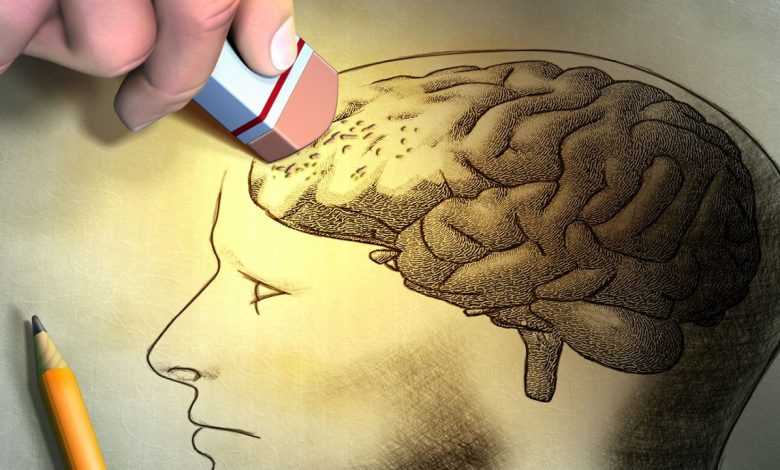
Context– As per a 2020 report published by the Alzheimer’s and Related Disorders Society of India, there are around 5 million people in India living with dementia.
Key Highlights
- Worldwide, 47.5 million people are suffering from dementia.
- The number of people living with dementia worldwide is expected to double in every 20 years, going up to 135.5 million by 2050.
Dementia:
- Dementia is a clinical syndrome caused by a number of diseases or injuries to the brain.
- The most common reason for dementia is Alzheimer’s disease.
- It is implicated in up to 70% of dementia diagnoses.
Early Symptoms:
- Absent-mindedness,
- difficulty recalling names and words,
- difficulty retaining new information,
- disorientation in unfamiliar surroundings, and reduced social engagement.
- Impairment in recognising visually presented objects (visual agnosia) despite a normal visual field,
- acuity and colour vision.
- word-finding difficulties (anomic aphasia).
Advanced Symptoms:
- Marked memory loss and loss of other cognitive skills,
- reduced vocabulary and less complex speech patterns.
- monosyllabic speech,
- psychotic symptoms,
- behavioral disturbance,
- loss of bladder and bowel control, and reduced mobility.
Prevention:
- The WHO has identified preventing Alzheimer’s disease to be a key element in the strategy to fight the dementia epidemic.
- Economic analyses have also found that delaying the onset of the disease by even one year could reduce its prevalence by 11%, while a delay of five years could halve it.
- These medicines lead to notable but temporary symptomatic improvements in 10-15% of persons suffering from dementia.
- Prevention programmes usually focus on lifestyle risk factors – like sedentary behaviour, unhealthy diet, smoking, and excessive alcohol use etc together with mental wellbeing and risk of cardiovascular disease.
Dementia care:
- In order to manage the important aspects of the disease, with a goal to reversing their effects or to delay its progression in the brain.
- Also to manage the cognitive, neuropsychiatric, and functional symptoms of the disease.





.png)



